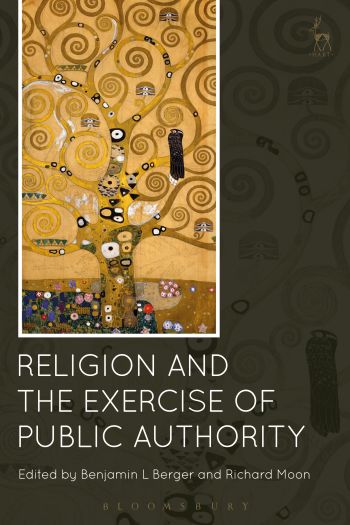
Law and religion scholarship has tended to focus on broad, structural questions such as the scope of religious freedom, the nature and limits of religious toleration and accommodation, and the demands and character of secularism.
A finer-grained issue that has received less attention concerns the role of religion in the decisions, actions, and experiences of individuals who discharge public duties. How do the religious commitments of public actors affect the performance of their official functions? In what way does religion figure in how public actors understand and negotiate their roles? What are the distinctive issues of law and policy raised by the confluence of religion and public authority?
This volume brings together scholars from a variety of disciplines, such as philosophy, sociology, politics, law, history, and religious studies, to address these questions. The public actors discussed in this volume include teachers, health-care providers, lawyers, judges, and policy makers, and the topics addressed range from conscientious objection and religious symbols to public decision-making and religious education.